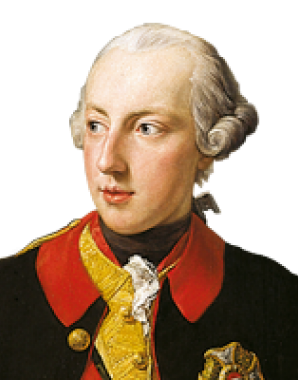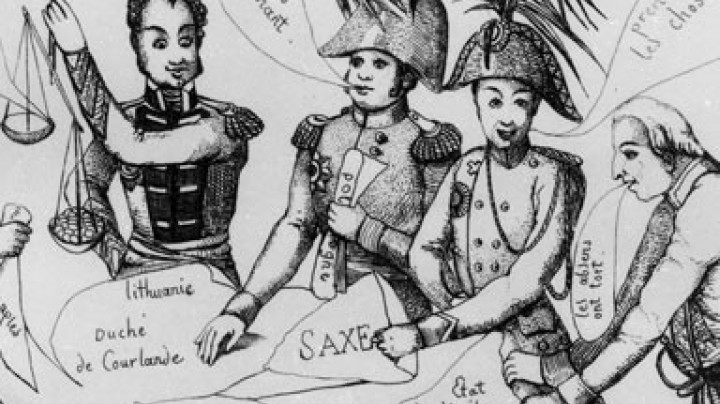From monk to pastor
New spheres of activity opened up for former members of religious orders in the parishes. In keeping with Joseph II’s utilitarian ideals they were entrusted with pastoral duties as parish priests.
These priests had become unemployed as a result of Joseph II’s Klostersturm (‘attack on the monasteries’). Seeing neither social nor economic utility in the many monastic orders and religious foundations, Joseph initiated a programme to dissolve the monasteries in 1782. By 1787 some 700 monasteries had been closed. The orders mainly affected were those which had no close connections with the lay community beyond their walls, that is, those that did not run schools or provide care for the sick. These included the Carthusian, Eremite, Carmelite and Capuchin orders. The wealth accumulated from these closures was invested in the establishment of parishes and the education and remuneration of priests. In place of the monasteries new parishes and pastoral centres were established, whose main task was to be the religious welfare of the people. Apart from religious services, their duties included care for the poor, the sick and foundlings. Joseph’s reforms thus changed the emphasis of clerical activity towards pastoral duties. As a state-controlled authority, pastors were expected to have direct contact with the broad mass of the population. In this way the parish infrastructure could also be utilized to reorganize poor relief and to pass on government announcements from the pulpit. The remaining monasteries were now answerable to the bishops and not, as in the past, directly to the Pope. In a bid to prevent this, Pope Pius VI travelled to Vienna, but was unable to deter Joseph from his intentions.
Joseph’s measures affected all aspects of religious life. Church feast days were reduced, the custom of averting storms by ringing the church bells was forbidden, a fixed number of candles for Mass was prescribed and the number of pilgrimages undertaken in each parish was limited to two a year. Many of these regulations had an impact on the traditional rhythms of people’s lives and consequently provoked vehement opposition. Shortly before his death Joseph was forced to rescind a number of his reforms, for example reintroducing the old order of worship.














